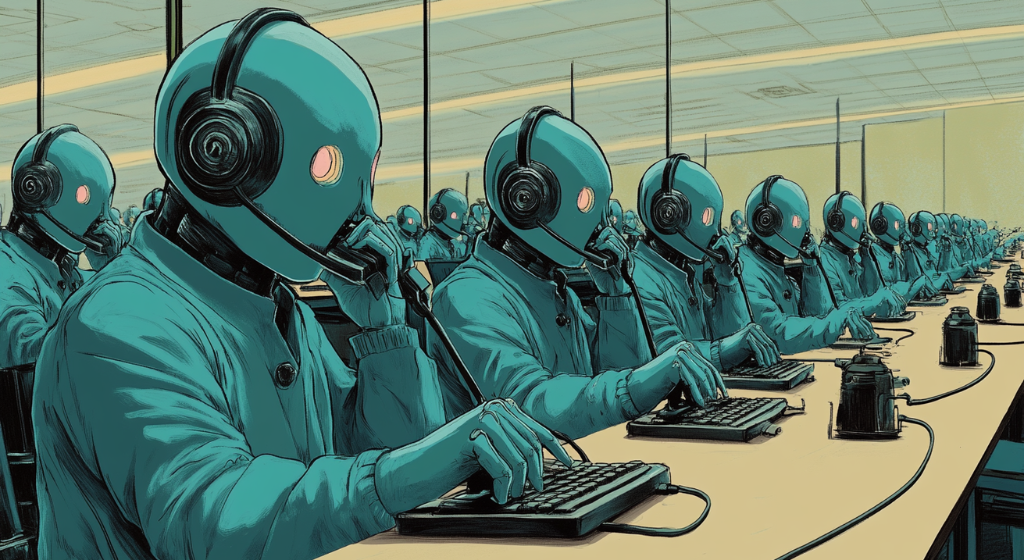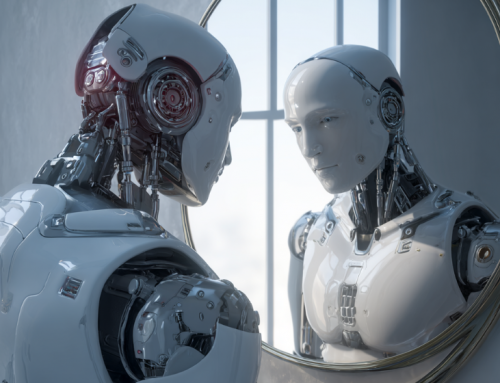
Realizing that your job can be replaced by technology is demoralizing, highlighting its pointlessness and prompting people to seek more rewarding and meaningful pursuits. (Source: Image by RR)
AI Integration Expected to Prompt Questions about Job Security and Purpose for Employees
Brad Wang, a recent college graduate entering the tech industry, was initially captivated by Silicon Valley’s luxurious work environments filled with game rooms, nap pods, and scenic trails, likening it to a Gatsby-esque experience. However, beneath this allure, he found a sense of emptiness as he moved from one software engineering job to another, often working on projects he deemed meaningless. At Google, he spent 15 months on a doomed initiative, and at Facebook, he worked on a product considered unhelpful by its primary customer. This growing sense of futility led Wang to compare his work to “baking a pie that’s going right into the trash can,” reflecting a broader sentiment of disillusionment with corporate jobs.
David Graeber’s 2013 essay “On the Phenomenon of Bullshit Jobs” provided a framework for understanding this issue, suggesting that many jobs in affluent countries are so pointless that even those performing them can’t justify their existence. Graeber argued that John Maynard Keynes’s vision of a 15-hour workweek never materialized because society has created countless unnecessary jobs. This view, as reported in nytimes.com, is supported by a study showing that a quarter of the workforce in wealthy nations views their jobs as potentially pointless. With the rapid advancement of AI, there is a growing concern about job displacement, as AI could automate tasks that many workers already find meaningless and psychologically degrading.
As AI continues to evolve, it holds the potential to eliminate jobs that are considered “flunky,” “goon,” or “box ticker” roles, as categorized by Graeber. These include positions like executive assistants, telemarketers, and certain software engineering jobs that involve repetitive and uninspiring tasks. While AI can handle such tasks efficiently, it raises questions about the future of work and the impact on those whose jobs are automated. For instance, administrative roles that once provided opportunities for upward mobility might disappear, potentially leading to lower-paying and less meaningful jobs for those entering the workforce.
Despite these concerns, there is a possibility that the shift caused by AI could lead to more meaningful work for some individuals. Kevin Kelly, a technology writer, suggests that workers displaced by AI might seek out new, more fulfilling roles. However, this transition could also lead to a “species-level identity crisis,” prompting people to question the purpose of work and their roles within it. Some scholars believe that automation could steer individuals toward socially valuable work, though others fear that new AI-driven jobs might be even less meaningful than those they replace. Ultimately, while AI will transform the labor market, it will not resolve the complex relationship people have with their work, and it may create new challenges in finding purpose and satisfaction in employment.
read more at nytimes.com







Leave A Comment